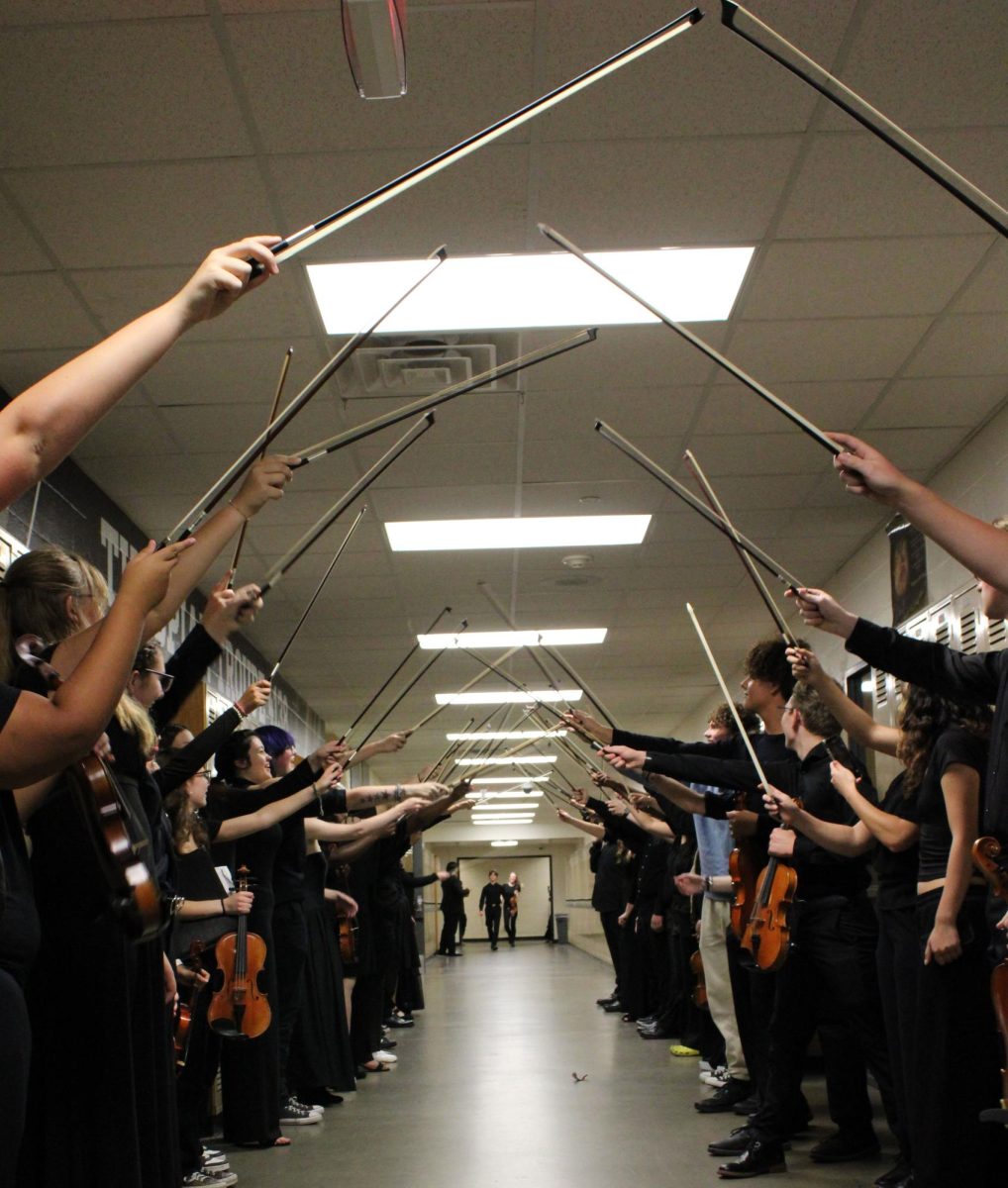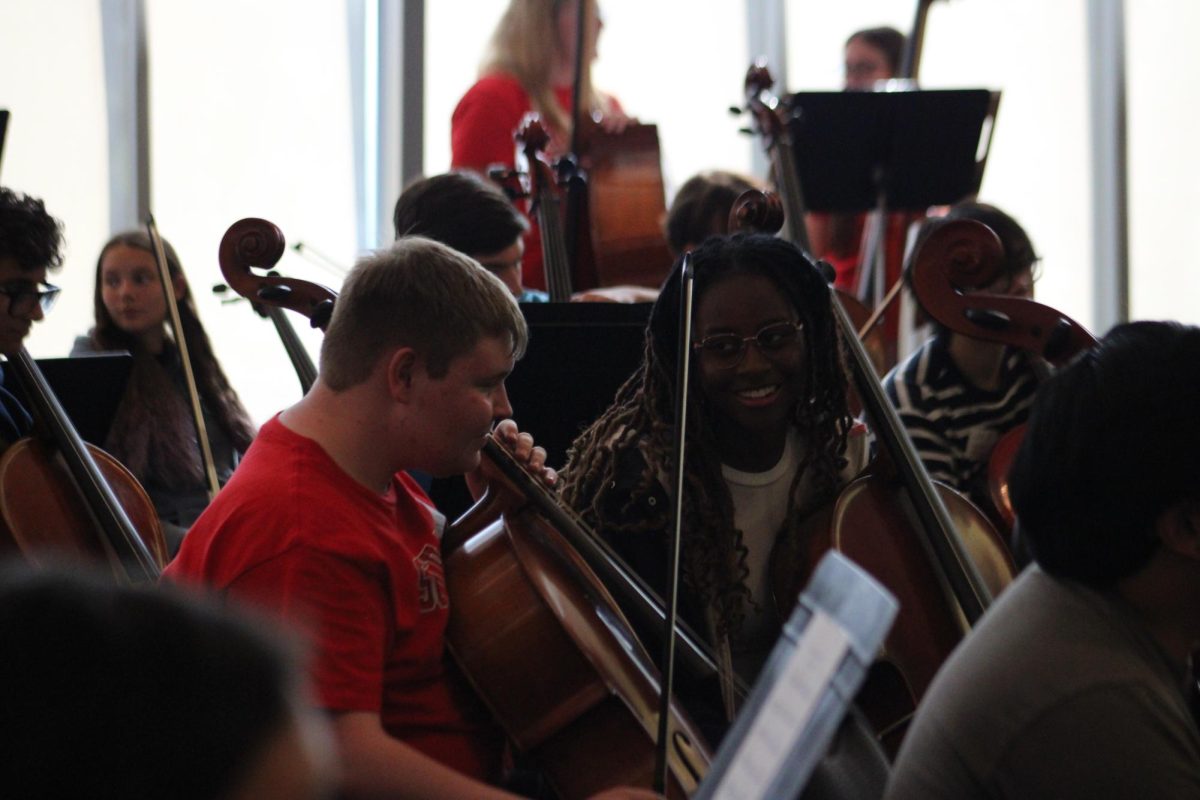The holiday season is a two-month period that many think should make the average person gleeful and hopeful looking forward to the new year. However, Americans often feel the opposite when the holidays come along due to factors that actual lead in a decline in health. The amount of stress and pressures caused by being overwhelmed is now leading to mental health problems in consumers.
“Shopping and gift-buying can cause financial and emotional stress and can create a need to manage any large crowd. School, work and sleep schedules are often disrupted during the holidays and healthy ways of managing stress like ensuring good nutrition and daily exercise are also interrupted” psychologist Anita Sanz said.
With the official kick-off day of Christmas being Black Friday, Americans working in the clothing and retail departments often experience even higher levels of stress. On top of the job positions that they’re in, the employees must juggle their personal life.
“Working at Zale’s for fourteen years was very difficult between no days off and the need to take care of everything for myself and family,” former Zales employee Colleen Hernandez said. “To the store and work for nine hours, do vital cleaning around the house, provide essential care to my daughter and manage to stay on top of gift buying for the family was my every day schedule during the holiday season.”
For many Burke students, taking part of Black Friday and Christmas shopping is an annual tradition that never seems to falter no matter how nerve-racking it can be. The normal anxiousness and anticipation of gift giving on top of finals at school are just some of the reasons to why their mental health is declining during November and December.
“Coming up with gifts to buy and hoping that people really like them and use them or appreciate them is what I normally worry about when gift buy,” sophomore Allie Amoura said. “If I could, I would change people’s understanding of the holiday season if that makes sense. Everyone’s situation could either be better or worse and those who are fortunate enough to buy and receive gifts are so lucky that they can experience how Christmas is.”
Along with high blood pressure, the mental health of Americans during November and December are affected. Without proper care and knowledge, these illnesses could end fatal if not addressed. One illness being Seasonal Affective Disorder (SAD) which is the effects of not receiving enough melatonin in a 24-hour period.
“SAD is not always easy to distinguish from other types of depression or other mental health issues. Symptoms include feeling depressed for most of the day, a lack of interest in things you used to enjoy, fatigue and low energy,” Dr. James Murrough, director of the Depression and Anxiety Center for Discovery and Treatment, said. ” People with SAD also can struggle to sleep at night and to concentrate during the day”
To help with seasonal mental illness and with the stress associated with the festive season, Americans can find alternatives to lessen the mental pain, like using therapy lights and medications. Accepting that these solutions are available and that over 30% of the population deal with similar issues like these allows sufferers to open up with what they’re dealing with without feeling judged.
According to Lily Brown, Ph.D and director of research at the Center for the Treatment and Study of Anxiety, the best way to stay healthy during the holiday season is to take some time for yourself. “Try to schedule some time for self-care as if it were a familial obligation. If you don’t, you’ll have more pent-up stress and won’t be engaged in relationships or the holidays the way you’d like.”







